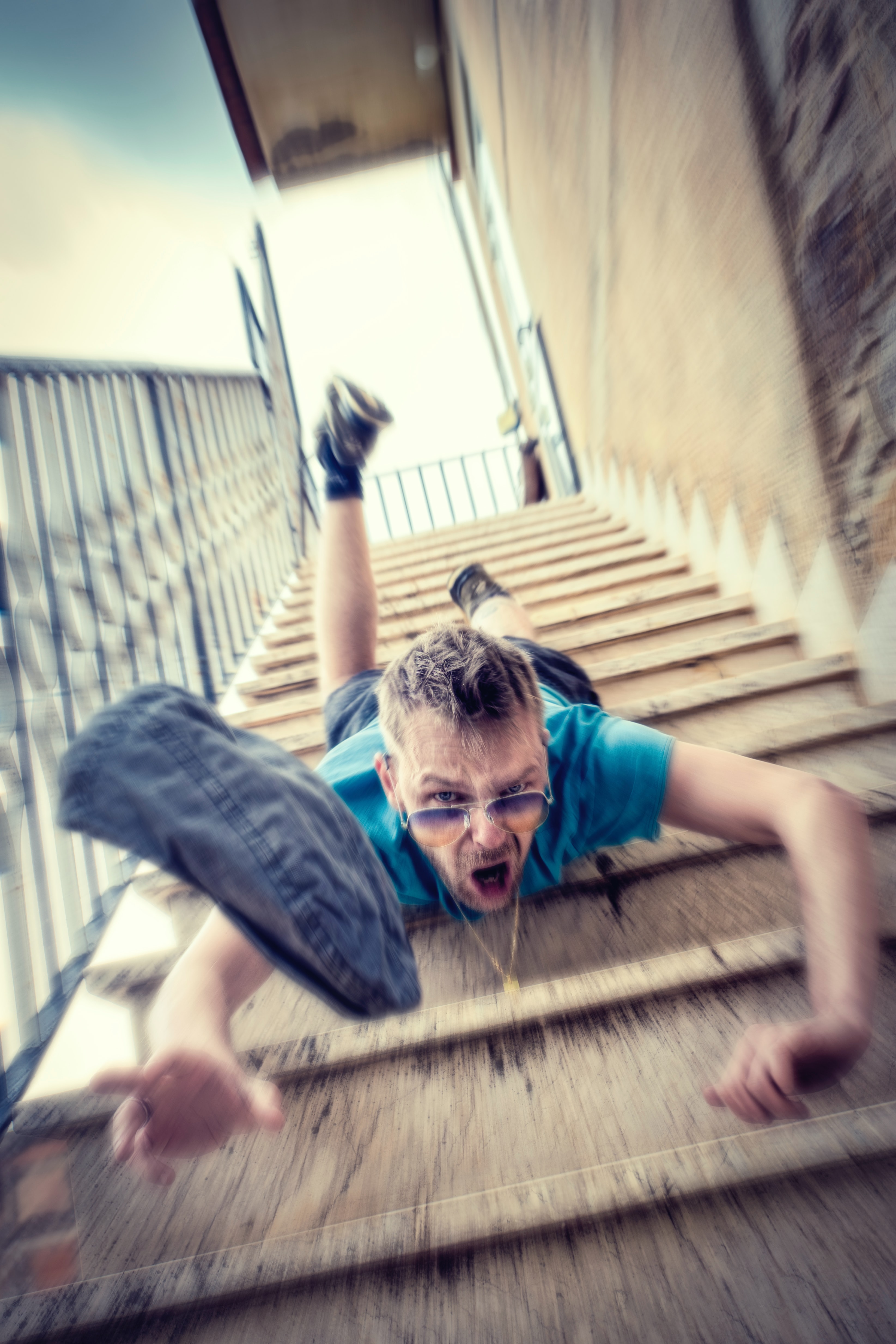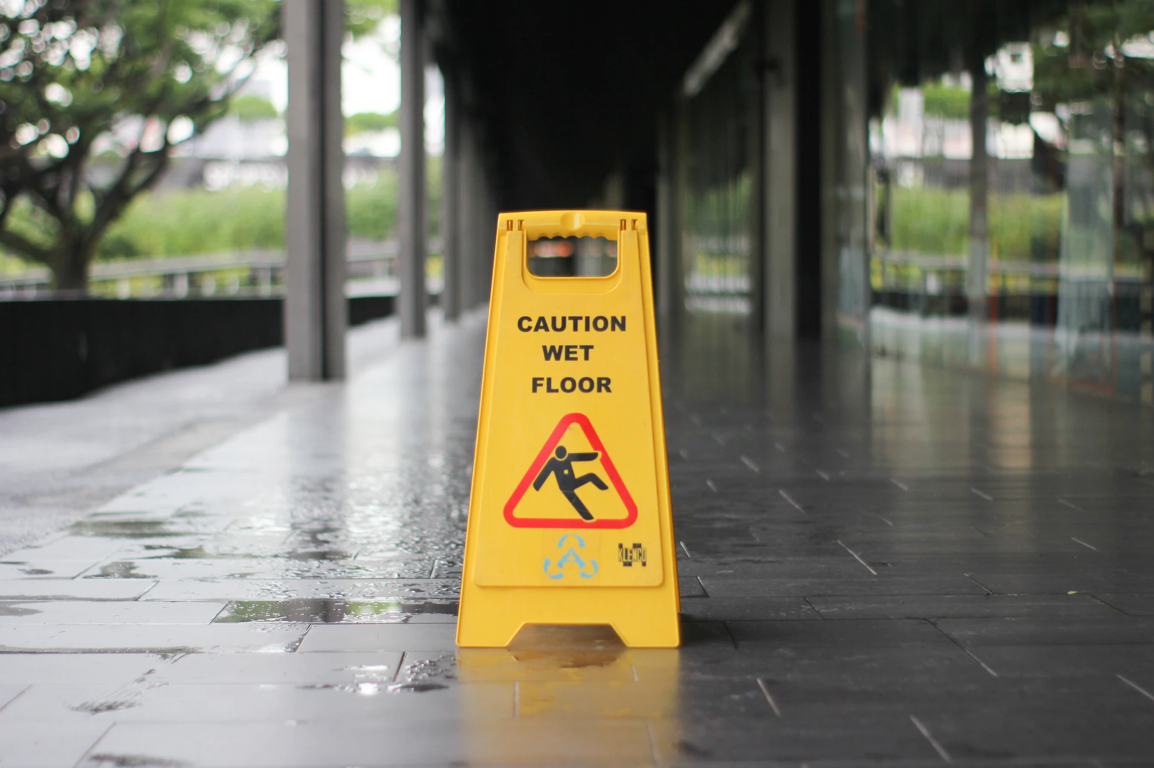Stay informed and proactive in your approach to premises liability, and ensure your property remains safe and compliant!
Premises liability laws are a crucial aspect of property and business ownership. These laws determine who is responsible when accidents occur on a property, shaping the landscape of legal responsibilities and protections.
With this in mind, understanding the intricacies of premises liability can help you mitigate risks and improve safety, whether you’re a property owner, business operator, or legal professional. So, in this post, we’ll tackle some essential aspects of premises liability laws that every stakeholder should know.
Definition and Scope of Premise Liability
Premises liability refers to the legal principles that hold property owners and occupiers responsible for accidents and injuries that occur on their property. This liability can arise from various situations including slip and fall accidents, inadequate maintenance, unsafe conditions, or insufficient security.
It’s essential to understand that the scope of premises liability isn’t limited to just private properties; it extends to commercial premises like retail stores, restaurants, and office buildings as well. Knowing the broad range of scenarios that can lead to liability is the first step in ensuring compliance and safety.
Duty of Care and Standards
A key component of premises liability laws is the duty of care that property owners owe to visitors. This duty varies depending on the type of visitor—whether they are an invitee, licensee, or trespasser. For instance, business operators owe the highest duty of care to invitees (customers), ensuring the premises are safe and free from hazards.
In contrast, the duty owed to trespassers is minimal, usually only to avoid willful harm. Understanding these distinctions helps property owners and business operators align their safety protocols with legal standards, reducing the risk of liability.
Common Types of Premises Liability Claims
One of the most common types of premises liability claims revolves around slip and fall incidents. These can occur due to wet floors, uneven surfaces, poor lighting, or other hazards. A slip and fall lawyer can provide invaluable assistance in understanding such claims, ensuring that evidence is accurately collected and presented.

Other common claims include dog bites, swimming pool accidents, and injuries resulting from inadequate security. Being aware of these common claims allows property owners to proactively address potential hazards, thereby minimizing the risk of accidents and subsequent claims.
Elements Required to Prove Premises Liability
To succeed in a premises liability claim, the plaintiff must prove several elements. First, they must establish that a dangerous condition existed on the property. Second, they need to show that the property owner knew or should have known about the hazard. Third, it must be proven that the owner failed to take appropriate action to rectify the condition.
Finally, the plaintiff must demonstrate that the hazardous condition directly caused their injury. Legal professionals often emphasize the importance of thorough documentation and evidence collection to substantiate these elements effectively.
Preventative Measures and Legal Compliance
Preventing premises liability starts with regular property inspections and maintenance. Implementing a routine check-up schedule can help identify and rectify potential hazards before they cause harm. Additionally, proper training for employees on safety protocols and emergency response can significantly reduce risks.
Business operators should also consider investing in adequate insurance coverage to protect against potential claims. Legal professionals can offer guidance on best practices for compliance, ensuring that all safety measures align with current laws and regulations.
Overall, premises liability laws are integral to maintaining safe environments and protecting both property owners and visitors. From understanding the scope of preventative measures, you can better understand the complexities of these laws. Stay informed and proactive in your approach to premises liability, and ensure your property remains safe and compliant!


Join the conversation!